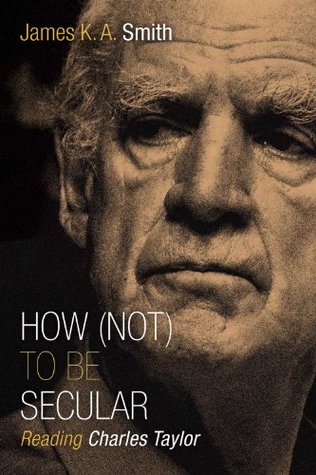untenable: “If the good that God wills for us doesn’t just include, but consists entirely in human flourishing, what sense does it make to sacrifice some part of this in order to serve God?” Sacrifice becomes untenable, even unthinkable (hence the rejection of traditional theories of the atonement). There is no room left in our plausibility structures to make sense of divine violence — which again undercuts any notion of “atonement” (p. 649). Indeed, the penal substitutionary account of the atonement can only look “monstrous.” Which is why the cross drops out; what becomes important is the
...more
Welcome back. Just a moment while we sign you in to your Goodreads account.


